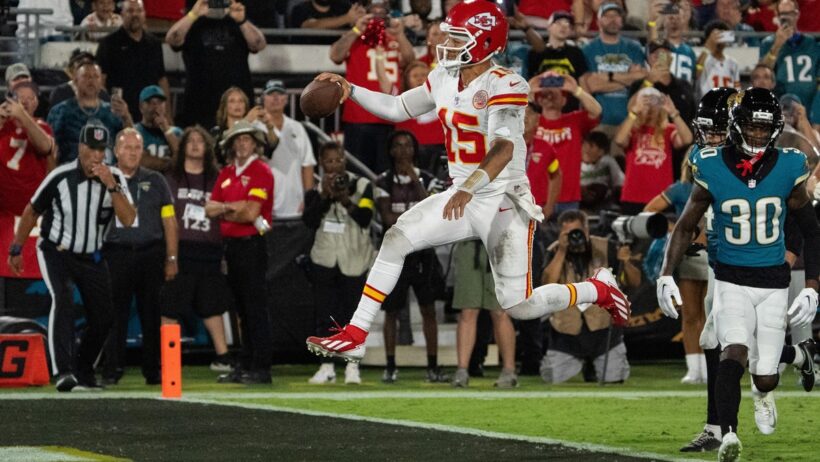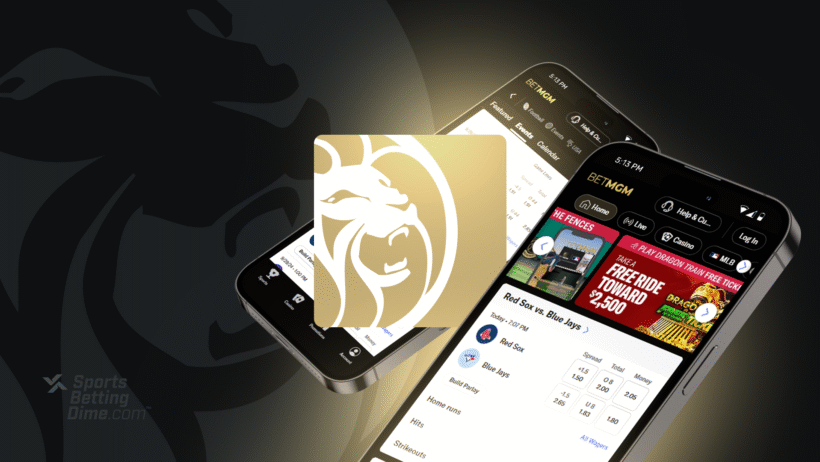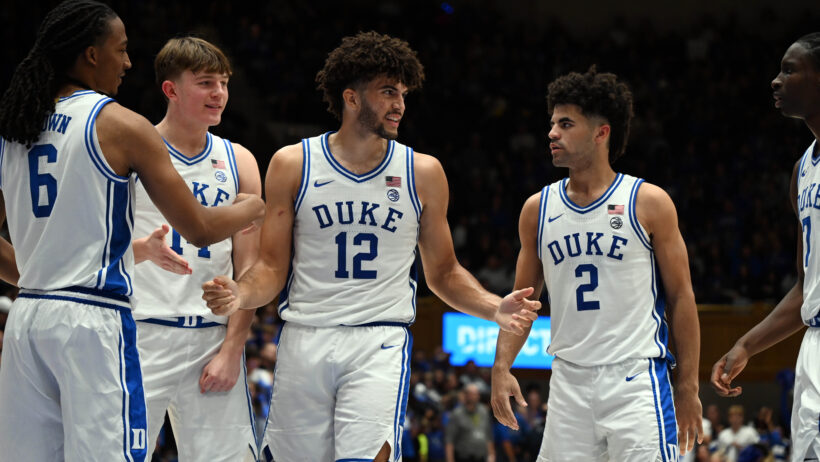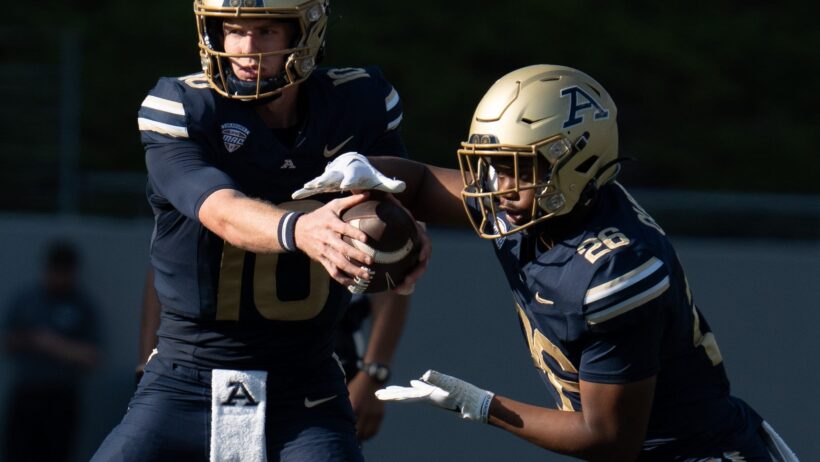Over Third of NCAA Men’s Basketball Players Faced Sports Betting Harassment in Last Year
By Robert Linnehan in Sports Betting News
Published:
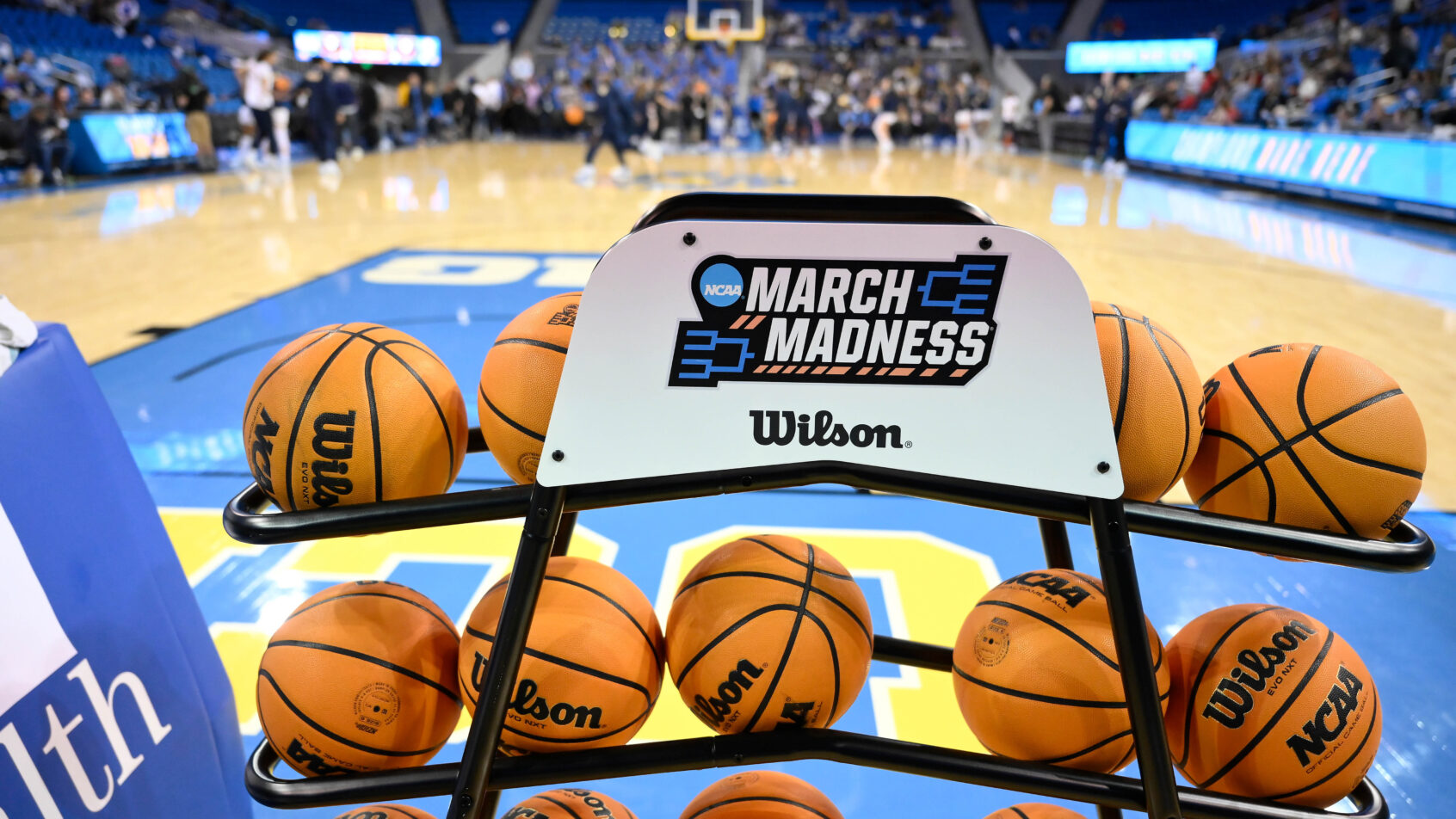
- According to the NCAA, 36% of DI men’s basketball players have experienced abuse related to sports betting
- Overall, 7% of men’s sports athletes reported abuse, compared with just 1% of women’s sports
- Additionally, 29% of basketball student-athletes reported interacting with a student on campus who bet on their game
According to an NCAA report, 36% of DI men’s basketball student athletes have experienced social media abuse related to sports betting within the last year, but sports betting related harassment overall among all men and women athletes is fairly low.
The NCAA released the findings of a new study that showed 7% of men and just 1% of women in DI athletics reported harassment related to sports betting within the last year.
Men’s basketball and FBS football reported the highest amount of harassment within the last year in the report.
Athletes Interact With Students Who Place Bets on Their Teams
Additionally, 29% of men’s basketball student-athletes reported having interactions with students on campus who placed a bet on them or their team.
“That happens all the time. I got one from a pervious game before. They do it all the time,” former Butler Men’s basketball student-athlete Pierre Brooks II said after an EPIC Global Solutions session last fall. “Like, if people don’t meet their over or under, they always DM me. It’s actually pretty common.
The NCAA has previously urged states to ban college prop bets for individual athletes, citing harassment concerns.
“States and gaming operators that continue to offer these bets are putting student-athletes and competition integrity at risk,” NCAA President Charlie Baker said. “The NCAA runs the largest integrity monitoring program in the country, and we educate hundreds of thousands of student-athletes about the damages of sports betting, but regulatory, lawmakers and gaming operators can and should do more.”
Among football student-athletes in the Football Bowl Subdivision, 16% reported receiving negative or threatening messages, the second highest subset of athletes who participated in the poll.
Overall, just 7% of men’s athletes reported receiving negative or threatening messages from fans who bets on their game, while 9% had experienced a student telling them they won or lost a bet they placed on them. Women student-athletes reported much lower numbers, just 1% for harassment and interaction.
The NCAA’s Student-Athlete Needs, Aspirations and Perspective Study distributed a three-minute survey to Division I student-athletes. Administered between Sept. 30 to Oct. 5, the 19-question survey was taken by nearly 6,800 student athletes.
Sports Betting Rule Change Still on Hold
The Division I Board of Directors recently voted to delay the effective date of a rule change that would allow NCAA student-athletes to bet on professional sports.
The rule change will be delay until Saturday, Nov. 22. Under its legislative process, the NCAA allows a rule change to be rescinded within 30 days of becoming final if two thirds of the division’s members submit a request supporting its rescission.
The delay may be a signal that the NCAA – and its divisions – are going to take time to potentially reconsider the vote to allow the changes to its sports betting rules for student athletes and team staff.
The NCAA Division I Administrative Committee recently adopted the proposal to allow student-athletes and athletic department staff members to bet on professional sports. The D-I committee first proposed the rule change this past June.
However, the NCAA prohibition against betting on college sports, or sharing information about college competitions with other bettors, will remain in place.
“Our action reflects alignment across divisions while maintaining the principles that guide college sports,” said Roberta Page, director of athletics at Slippery Rock and chair of the Division II Management Council. “This change recognizes the realities of today’s sports environment without compromising our commitment to protecting the integrity of college competition or the well-being of student-athletes.”

Regulatory Writer and Editor
Robert Linnehan covers all regulatory developments in online gambling and sports betting. He specializes in U.S. sports betting news along with casino regulation news as one of the most trusted sources in the country.
